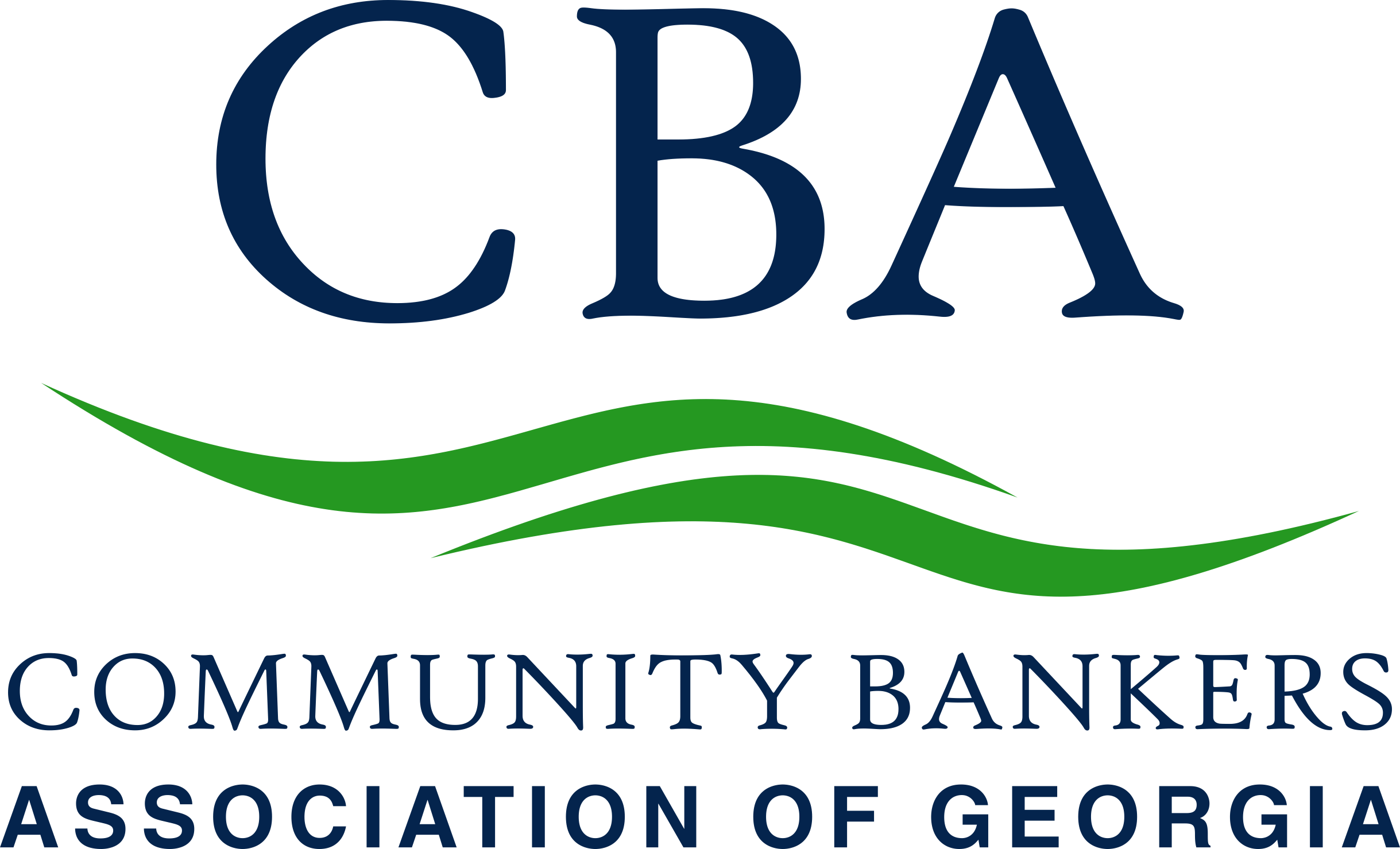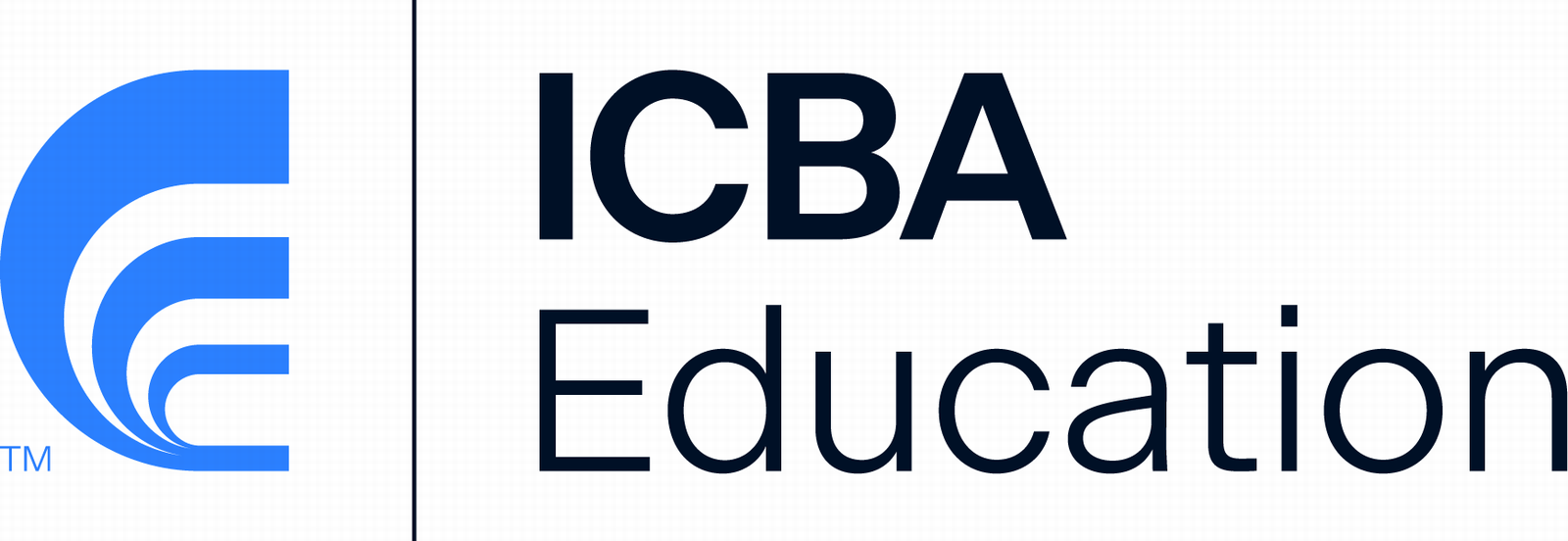Advocacy Update 2024 - Week 2
Budget Takes Center Stage
 The House and Senate did not officially convene this week. Instead, members of the Appropriations Committees held budget hearings. The Governor, the state economist, and more than forty agency heads presented over three days.
The House and Senate did not officially convene this week. Instead, members of the Appropriations Committees held budget hearings. The Governor, the state economist, and more than forty agency heads presented over three days.
With this information now in hand, various House Appropriations Subcommittees will begin to drill down on specific spending areas for the amended FY24 budget, which shores up spending through June 30. Those puzzle pieces will then be fitted together by Chairman Matt Hatchett and his team, ensuring a balanced budget. The House will pass this budget, likely in mid-February. The House will then shift its attention to the FY25 budget, which begins July 1. The Senate, meanwhile, will begin their work on the amended FY24 budget, making their mark on the state’s spending plan.
Passing a balanced budget is the only constitutionally required item the legislature must address during its forty-day legislative session. Much of the proposed calendar is dependent on internal budget benchmarks being met. Lawmakers return to Atlanta on Monday, January 22 for a five-day work week.
The Governor’s Priorities
 The Governor presented his statewide budget priorities to legislators remotely, as he was attending the World Economic Forum in Switzerland. His leading budget priorities include:
The Governor presented his statewide budget priorities to legislators remotely, as he was attending the World Economic Forum in Switzerland. His leading budget priorities include:
- Pay raises for state employees to promote retention, including additional supplements for K-12 teachers.
- Funding for infrastructure, including roads, bridges, water, and sewer systems.
- Funding for site development and workforce housing to promote economic development.
- Investments in retirement, risk, and health portfolios to maintain fiscal solvency.
- Funding for school buses and school security enhancements.
Department of Banking Priorities
 The Governor’s AFY24 budget recommendations provide one-time $1,000 salary supplements for eligible Department of Banking and Finance employees.
The Governor’s AFY24 budget recommendations provide one-time $1,000 salary supplements for eligible Department of Banking and Finance employees.
The larger FY25 budget calls for cost-of-living adjustments and a targeted $2,000 bonus for Financial Institution Supervision examiners. Within the Non-Depository section, funds have been allocated for two new examiners to address increased workload. The Department finds that the salary for bank and credit union examiners is lower than in surrounding states and examiner turnover has doubled in just four years, with compensation being a main driver.
In FY23, the Department collected $27 million through regulatory fees and fines. Those monies were remitted to the state’s general fund – not retained by the Department. For both AFY24 and FY25, the Department will receive about $14 million in state appropriations.
The Association has worked extensively with Commissioner Kevin Hagler to promote increased funding for the Department. CBA’s Board of Directors voted in our strategic planning session to make funding for the Department a top priority as our Board understands the importance of a dual banking system and what role the Department plays in this system.


